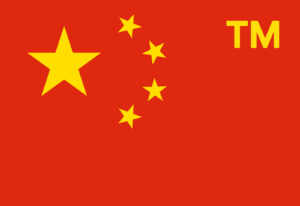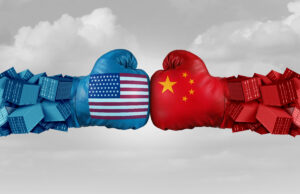2024 Hong Kong Legal Developments
Article 23 and Its Implications
Hong Kong is having a busy 2024 when it comes to legal developments. The city is getting ready to adopt national security legislation, separate from the National Security Law imposed by China in 2020. According to a public consultation document issued by the region’s Security Bureau:
Article 23 of [Hong Kong’s] Basic Law clearly stipulates that [Hong Kong] shall enact laws on its own to prohibit any act of treason, secession, sedition, subversion against the [Chinese government], or theft of state secrets, to prohibit foreign political organisations or bodies from conducting political activities in [Hong Kong], and to prohibit political organisations or bodies [from Hong Kong] from establishing ties with foreign political organisations or bodies.
Efforts to adopt legislation as called for by Article 23 during the early days of Chinese rule following the handover of Hong Kong by the British proved deeply controversial and were shelved for many years. As the Security Bureau sees it, it was the failure to pass Article 23 legislation and to make “full use of existing law” that led to “the social chaos which took place in the past, ultimately causing the Hong Kong version of ‘colour revolution’ in 2019 which posed national security threats to the extent that made it difficult for [Hong Kong] to handle on its own.”
A New Definition of National Security
To give a flavor of what the new homegrown legislation will look like, the Security Bureau recommends that the region adopt the same definition of “national security” as in China’s own National Security Law, namely:
the status in which the State’s political regime, sovereignty, unity and territorial integrity, the welfare of the people, sustainable economic and social development, and other major interests of the State are relatively free from danger and internal or external threats, and the capability to maintain a sustained status of security.
Hong Kong Legal System Concerns
Meanwhile, on January 29, a new ordinance went into effect in Hong Kong, implementing an agreement between China’s top court and the Hong Kong government. Under the terms of the new legislation, creditors under judgments from Mainland China in civil or commercial matters may register those judgments in Hong Kong. While this could certainly bring about certain efficiencies, it “further erodes the differences between the legal systems of Hong Kong and the mainland,” a prospect that raises concerns in some quarters. “Asset managers,” for instance, “may no longer be able to advise wealthy clients with total confidence that their investments would be protected in Hong Kong.”
The Chow Hang-tung Case and Its Implications for Legal Appeals
Finally, on January 25, Hong Kong’s Court of Final Appeal restored the quashed conviction of Chow Hang-tung, sentenced to 15 months’ imprisonment for “inciting others to take part in [a] vigil banned on public health grounds during the COVID-19 pandemic in 2021” – which just happened to be a commemoration of the 1989 Tiananmen crackdown. Prosecutors took advantage of an amendment to Hong Kong law last year that permits the appeal of acquittals by the High Court (which includes the intermediate Court of Appeal) in national security cases. Appeals by prosecutors were already permitted from the lower-level District Court and Magistrates’ Courts, which handle less serious offenses.
The Future of Hong Kong
For years now, some in the Fragrant Harbor have sardonically referred to the city as 深圳市香港区 (Hong Kong District, Shenzhen City) or made similar quips. We are not quite there yet, but the overall trend is crystal clear for anyone who cares to see. Whereas in the not-so-distant past many saw 2047 (when the city’s special status is set to expire under the 1984 Sino-British Joint Declaration on Hong Kong) as a question mark, increasingly it appears Beijing is looking at that year a completion date.

























